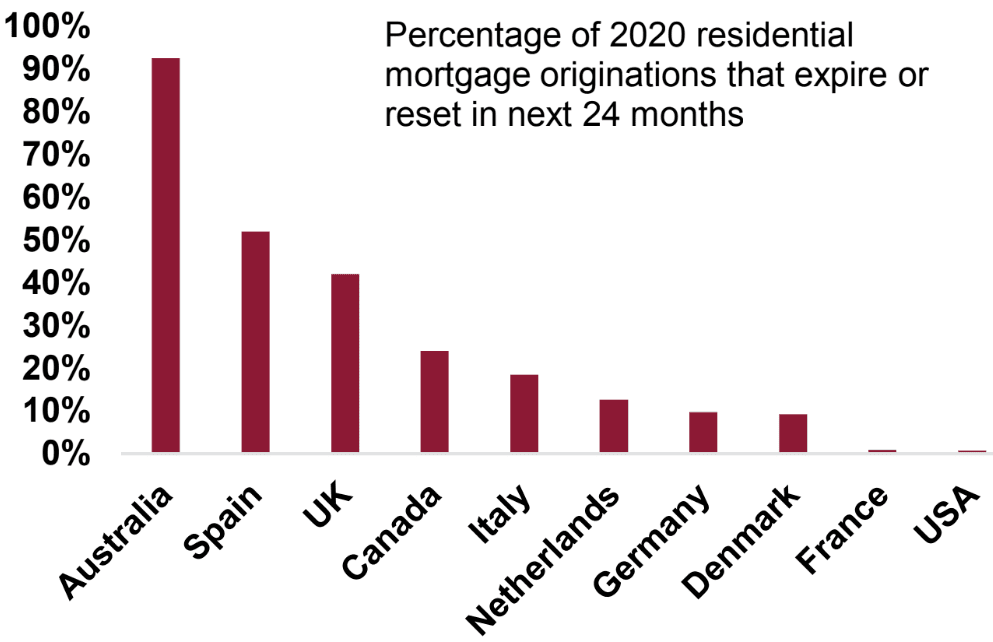Canadian Dollar a Sell: CIBC Bank
- Written by: Gary Howes

Image © Adobe Images
The Canadian Dollar is a sell with strategists at CIBC Bank who note market positioning is unsupportive and incoming Canadian economic data is likely to disappoint.
CIBC's Capital Markets division also says a trade recommendation to sell the Canadian Dollar comes on a view that the ongoing rise in oil prices is proving unsupportive of what has traditionally been referred to as a commodity currency, owing to Canada's notable oil exports.
"The backdrop in Canada looks weaker," says Bipan Rai, Head of FX Strategy at CIBC Capital Markets. "The BoC admitted last week that a period of weaker growth is to be expected given the 'marked weakening in consumption growth for Q2."
CIBC says the Canadian currency is particularly exposed to weakness against the U.S. Dollar courtesy of the ongoing resilience of the U.S. economy.
As a result, analysts find that the market's expectations for more interest rate cuts from the Federal Reserve in 2024 relative to the Bank of Canada is a misstep.
"Stronger U.S. data, alongside downside risks to incoming CAD data, suggests that forward OIS should shift to more realistic levels. That suggests USD/CAD upside at the margin," says Rai.
Compare GBP to CAD Exchange Rates
Find out how much you could save on your pound to Canadian dollar transfer
Potential saving vs high street banks:
C$4,450.00
Free • No obligation • Takes 2 minutes
CIBC notes excess demand conditions in Canada are easing quicker than the Bank of Canada envisaged earlier in the summer, suggesting inflation can come down faster.
"Indeed, this is likely to be driven by a few factors that we don't see abating anytime soon including higher debt servicing costs related to prior hikes, and a greater portion of household income being saved ahead of mortgage reset risks in the coming years. In either case, the CAD looks more vulnerable to slower domestic activity as the impact of tightening passes through to real activity," says Rai.
On the matter of oil prices, Rai notes "higher oil prices aren't likely to be a driver of CAD strength. In the past, the simplistic way to view the CAD/Oil relationship was to view higher oil prices as translating to higher revenues for the Canadian private sector which should eventually work out to an increase in aggregate demand at the margin."
This would have typically implied that the Bank would likely need to tighten monetary policy further, which is supportive of the CAD.
Above: "US Households are Less Exposed to Higher Rates Relative to Other Countries" - CIBC. Chart data as of Dec 2022, source: Fitch Ratings, CIBC Capital Markets.
But CIBC's research finds the CAD/Oil relationship has changed and higher oil prices are a net positive for the CAD energy sector, the passthrough to the exchange rate is complicated by the fact that the U.S. has emerged as the world's largest producer of crude oil/petroleum products.
"That's helped to keep U.S. imports of CAD crude at consistent levels for the past few years," says Rai.
Elsewhere, the net position skew in CAD isn't short enough notes CIBC as asset managers and non-commercials have been increasing net short CAD positions for weeks now.
This suggests there is scope for 'long' CAD positions to unwind in favour of USD/CAD upside.
CIBC's strategists target a move in USD/CAD to 1.3950, the exchange rate is at 1.3530 at the time of writing.
Compare GBP to CAD Exchange Rates
Find out how much you could save on your pound to Canadian dollar transfer
Potential saving vs high street banks:
C$4,450.00
Free • No obligation • Takes 2 minutes





